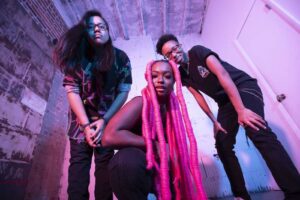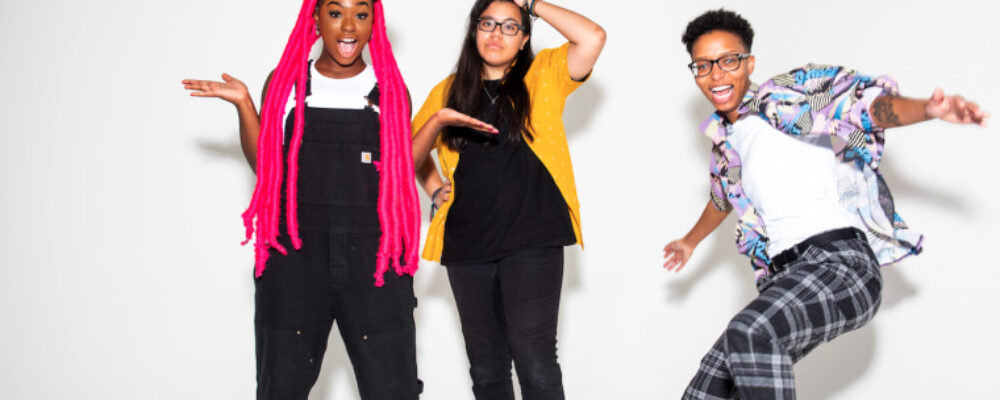
(Image courtesy of Lindsey Byrnes.)
When defining Rock & Roll, a handful of key figures or movements will inevitably spring forth in just about any discussion: Mopped topped idols from Great Britain, psychedelic soundscapes from the shores of San Francisco, CA, and most recently, angst-ridden revolutionaries from the surly suburbs of Aberdeen, Washington. But unbeknownst to most, the revolution didn’t begin with rollicking guitar riffs from fair-skinned men or even at the hands of a man at all. The breakthrough began with a wail by a Black woman from Ariton, AL, better known to us all by the name of “Big Mama.”
Born in December of 1926, Willie Mae “Big Mama” Thornton first sang alongside her mother at a local church as a small child but wouldn’t officially start her career until the age of 22 in Houston, TX. After signing to songwriter and entrepreneur Don Robey’s Peacock Records Label in the early 1950s, Thornton went on to produce several now seminal recordings, most notably a little song called “Hound Dog” in 1953. Thornton’s version was an outstanding success on the Rhythm & Blues charts that year, seeing phenomenal sales and coincidentally leaving a whole new genre in its wake. The fast-paced, rambunctious tale was an instant hit with younger listeners across the country and led to a demand for more but unfortunately, that increased demand wouldn’t quite extend itself to Thornton or virtually anyone else who looked like her either. By the late 1960s, Rock & Roll had become the sound of the nation with acts like The Who, The Monkees, Led Zeppelin, Black Sabbath and Janis Joplin taking off in rapid succession. Largely missing from the nation’s airwaves though was the sound’s actual originators. Within a decade or two, Rock & Roll’s decidedly African-American roots had all but been erased but luckily for the world of heavy music and its fans and creators of a darker shade, things are finally starting to look up.
Following in the footsteps of millennial icons like Fefe Dobson and Brittany Howard (of Alabama Shakes and Thunderbitch) and consisting of members Edith, Téa and Ada, Fueled by Ramen’s Meet Me @ The Altar are set to rejuvenate the public’s interest in Pop Punk and carve out a much, much-needed space for Black and Brown women in an oddly and notoriously white and male industry. Hailing from Georgia, Florida, and New Jersey, the trio’s knack for levelheaded lyricism (“Tyranny”) and exceptionally well-crafted melodies (“May The Odds Be In Your Favor”) is steadily winning them fans and critical acclaim far and wide… and all without an album to their name.
Whilst ‘’Big Mama” Thornton may have never received her rightful dues in her lifetime, her creative descendants may just be on the verge of reclaiming a piece of musical history that was always theirs. Rock & Roll may not have yet demolished or even begin to come to terms with its near century-long racial and gender barriers but with a band like Meet Me @ The Altar on track to lead its future, the odds surely seem to be in our favor. Check out the video for “Garden” and how to connect with Edith, Ada and Téa below:
Twitter: @MMATAband
Facebook: www.facebook.com/MMATAband/
Instagram: @mmataband

